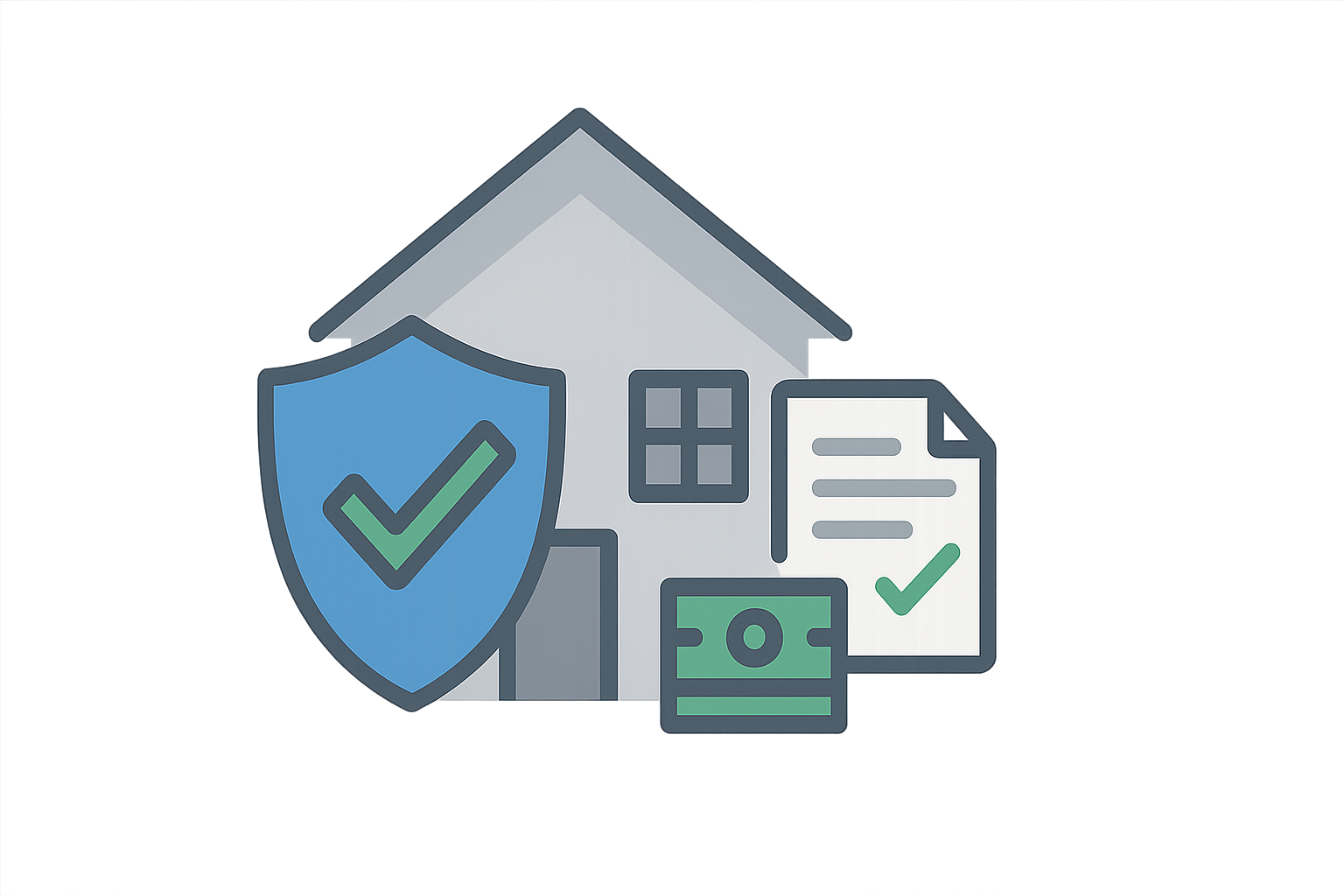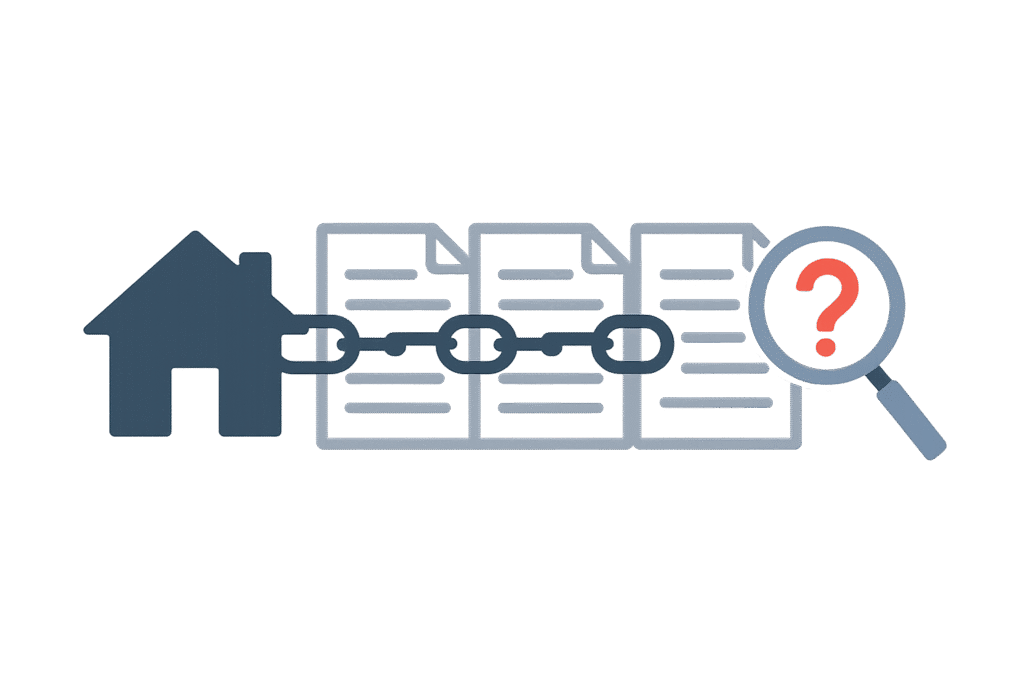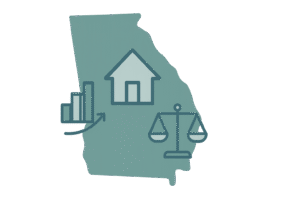Georgia Title Insurance: Is It Worth the Cost?
Your home is likely the most significant purchase you will ever make. However, this investment could come with legal issues from a property’s hidden past….

Your home is likely the most significant purchase you will ever make. However, this investment could come with legal issues from a property’s hidden past. As a closing attorney with more than two decades of experience, I have seen too many homeowners discover unexpected problems with their property’s legal history.
A title search on a property may not uncover every past problem. For example, a hidden legal claim from a previous owner can surface years after a sale. This is why many people ask, “Is Georgia title insurance worth it?” This article will help you understand the core concepts of title insurance so you can make an informed decision to protect your financial security.
Understanding the Core Concepts of Title Insurance

Before you can determine if Georgia title insurance is worth it, it’s important to know what a property’s title is and how title insurance works. A property’s title is a legal concept that proves you own your home. It represents your ownership rights, including the ability to use, control, and transfer the property.
The title shows the complete chain of ownership, sometimes going back over a century. Every transaction, such as a sale, inheritance, or transfer, should appear in public records. However, mistakes, missing documents, or dishonest actions can disrupt this chain.
Title Insurance is Not Homeowners Insurance
Many new homeowners confuse these two types of insurance. They protect against completely different risks.
- Title insurance protects against past events. It is a one-time premium paid at closing that acts as a safety net against legal issues that occurred before you owned the home.
- Homeowners insurance protects you from future incidents like fire, theft, or storm damage. You pay an annual premium because new risks emerge every year.
| Aspect | Title Insurance | Homeowners Insurance |
|---|---|---|
| Coverage Focus | Past events (e.g., pre-ownership legal issues) | Future incidents (e.g., fire, theft, storm damage) |
| Premium Structure | One-time payment at closing | Annual recurring premium |
| Duration | As long as you own the property | Renewed yearly due to evolving risks |
| Primary Protection | Ownership challenges and title defects | Physical damage to the home and contents |
The Two Main Types of Title Insurance Policies

A real estate transaction in Georgia involves two distinct types of title insurance. Understanding the difference is important for protecting your investment.
The Lender’s Title Insurance Policy
This policy is required by your mortgage company to protect its stake in the property. If you’re getting a mortgage, you have to buy this coverage. It ensures that if a title problem surfaces, the lender will not lose their investment.
Here’s what many homeowners don’t realize: the lender’s policy protects the lender’s financial interest, not yours. If someone challenges your ownership, the insurance company will defend the lender, not you. You could still lose your home and your down payment while the lender is protected.
The Owner’s Title Insurance Policy
This policy is an important decision for homeowners. It shields you from unforeseen financial burdens and protects your investment for the full purchase price of your home. It lasts as long as you or your heirs own the property.
The owner’s policy provides legal defense and covers attorney fees if your property ownership is challenged. For example, a legal dispute over boundary lines can cost tens of thousands of dollars in attorney costs. With an owner’s policy, that expense becomes the insurance company’s responsibility.
Georgia Title Insurance: Why You Need it for Your Property
The question “Is Georgia title insurance worth it?” is best answered by looking at the unique risks present in the state’s real estate market. The state’s history and specific laws can create title issues that might not exist elsewhere.
Common Title Issues in the Georgia Real Estate Market

Even a thorough title search by a real estate attorney may not uncover all potential risks. Title searches only find problems that are properly recorded. Issues like forged documents, mental incompetence of previous owners, or fraud often don’t show up until someone challenges your ownership.
The most common title issues include:
- Undisclosed Heirs and Ownership Claims: Georgia law recognizes various inheritance rights that can create problems years later. A cousin or other relative could appear claiming partial ownership if the inheritance was never formally recorded.
- Liens, Forgery, and Missing Deeds: You could face unexpected tax liens, mechanic’s liens, or forged signatures on deeds. In some cases, a deed may have been improperly recorded or is missing from the chain of title.
- Boundary Disputes: Old surveys or unclear property descriptions can lead to disputes with neighbors over property lines. These disputes can turn into expensive legal battles.
| Title Issue | Description | Potential Impact |
|---|---|---|
| Undisclosed Heirs | Unrecorded inheritance claims by relatives | Ownership disputes, legal claims |
| Liens/Forgery | Tax liens, mechanic’s liens, or forged deeds | Financial liability, title challenges |
| Boundary Disputes | Discrepancies in surveys or property lines | Costly legal battles with neighbors |
Cost and Process of Title Insurance in Georgia
For many people, the cost of title insurance, a one-time premium paid at closing, is a major factor in their decision.

What is the Cost of Title Insurance in Georgia?
The cost of title insurance in Georgia typically ranges from 0.5% to 1% of your home’s purchase price. For a $300,000 home, the one-time premium might be between $1,500 and $3,000. When you consider that a single legal dispute could cost $20,000 or more, this one-time expense can pay for itself many times over.
The final cost can be influenced by several factors, including:
- The property’s value.
- The fees for the title search and examination.
- The specific geographic location of the property.
The Role of a Real Estate Attorney
Georgia law requires a real estate attorney to handle your closing. This requirement adds an extra layer of protection not found in many other states. Your attorney reviews the title work, explains documents, and ensures legal requirements are met.
Even the most diligent attorney cannot guarantee that hidden problems won’t surface later. This is because some title defects are impossible to discover through a record search. That is why title insurance is so important, even with the attorney requirement.
Making the Right Choice: Financial Security and Peace of Mind
Deciding if Georgia title insurance is worth it comes down to financial security and peace of mind. A cash offer does not eliminate the need for an owner’s policy. The same title defects that could affect a mortgaged property can also affect a cash purchase.
The Federal Title Waiver Pilot
You may have heard about a new pilot program that allows certain borrowers to waive lender’s title insurance when refinancing. This program is limited to specific, low-risk refinance transactions. It does not affect or replace the need for an owner’s title policy for a new home purchase.
The waiver only applies to the lender’s insurance on qualifying refinances. When you’re buying a property, you are taking on new risks that require protection. The federal pilot program does not change this fundamental need.
A Final Word of Advice
Before making any decision, seek formal legal advice from a qualified closing attorney or title insurance company. Every real estate transaction is unique. Protecting your investment with appropriate title insurance isn’t just about following local customs; it is about safeguarding your family’s financial future.





